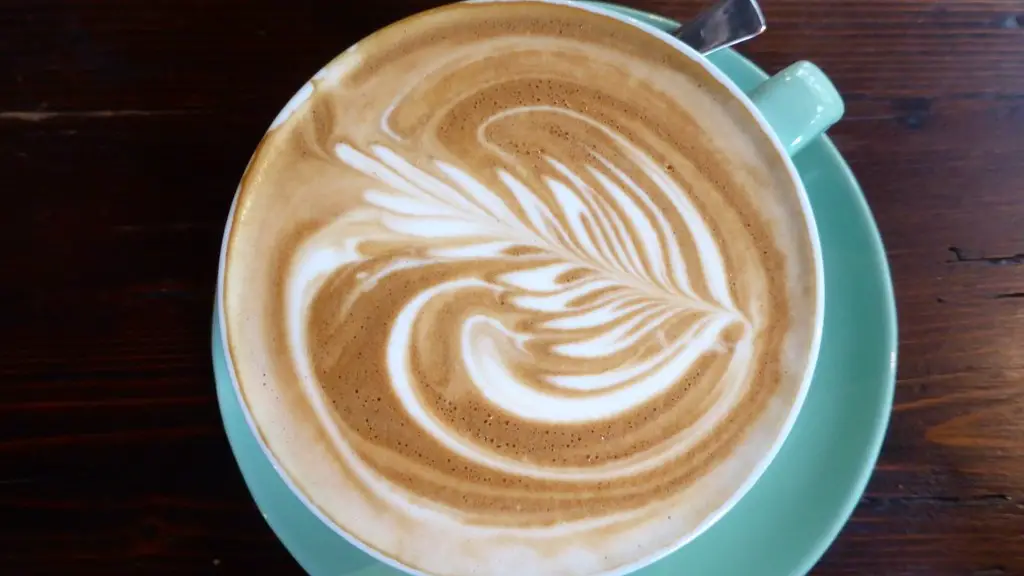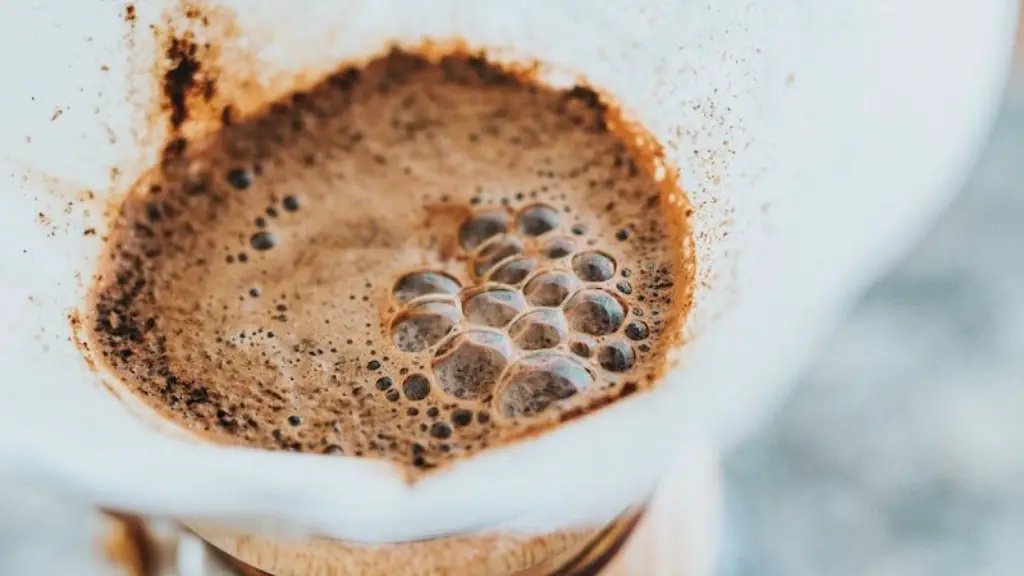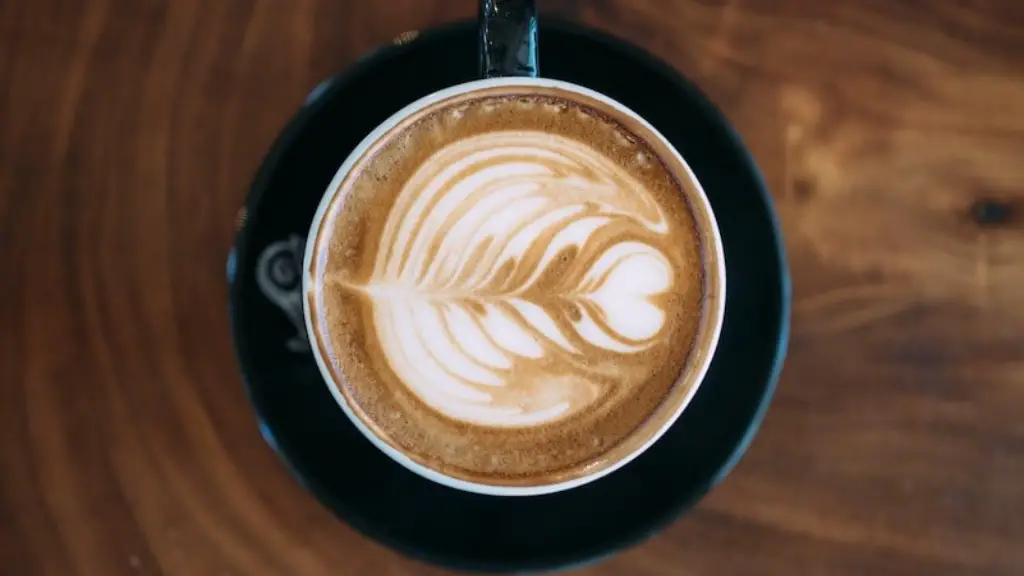Background and Overview of Diabetes
Diabetes is a condition that affects many people today. It occurs when the body is unable to properly break down sugars and starches, which leads to an excess of glucose in the blood. This can cause a range of symptoms, such as increased thirst, fatigue, and weight loss. Diabetes affects both types 1 and 2, with type 1 being the most severe. People with diabetes are often advised to make dietary changes to help control their condition and reduce the risk of serious complications.
Can Diabetics Drink Coffee?
For many people, coffee is an essential part of their daily routine. But for diabetics, drinking coffee can be a different experience. Coffee does contain sugar and caffeine, two substances that can have an impact on sugar levels in the blood. Therefore, it is important for diabetics to understand the effects of coffee on their condition before experiencing it.
For individuals who already have diabetes, coffee can be a great beverage to add to a daily diet. Caffeine can raise the metabolism, helping to burn more calories. This can be beneficial for individuals trying to lose weight, which is an important factor in managing diabetes. Additionally, coffee can improve focus and energy, helping to increase productivity.
However, it is important to acknowledge that coffee can have a negative effect on blood sugar levels. For example, drinking too much coffee can raise the glucose levels in the blood. Additionally, sugary and creamy coffee beverages such as lattes, cappuccinos, and mochas contain high amounts of sugar. This can cause spikes in blood sugar, which can be dangerous for individuals with diabetes.
How Can Diabetics Enjoy Coffee?
For individuals with diabetes who want to enjoy coffee, it is important to be mindful of the potential risks. One recommended option is to opt for black coffee, as it does not contain sugar, milk, or cream. Additionally, it is recommended to drink coffee slowly and in small amounts, as this can help control the sugar levels in the blood.
Additionally, taking a bit of time to understand the effects of coffee on the body can help individuals with diabetes make informed decisions about their diet. Working with a dietitian or certified diabetes educator can provide important information about how to enjoy coffee the right way.
Coffee Alternatives
Due to the potential risks associated with consuming coffee, individuals with diabetes may want to look into less risky options. One great alternative is herbal tea. Some good choices include green tea, chamomile tea, and rooibos tea. Herbal teas do not contain caffeine or sugar, and they can still provide a refreshing and enjoyable drink. Additionally, herbal teas offer other health benefits making them an excellent choice for a beverage.
If you are looking for a sweetened beverage, there are several options available. One excellent alternative is a beverage that does not contain sugar but is naturally sweetened. Coconut water, for example, is a great choice. It contains essential vitamins and minerals that can benefit diabetes and it can still add a touch of sweetness to a beverage.
Considerations
Before drinking coffee, it is important to understand the potential risks and benefits. While coffee can be a good addition to the diet of an individual with diabetes, it is also important to be aware of the potential risks associated with consuming too much caffeine or caffeine-containing beverages. Additionally, it is important to remember that any sugary or creamy beverages should be avoided since they contain large amounts of sugar.
Other Beverages for Diabetics
For individuals with diabetes, there are many other beverages available. Water is an essential part of a healthy diet, and it is the best choice to stay hydrated throughout the day. It is also important to consume plenty of natural fruit juices, as they can provide essential vitamins, minerals, and antioxidants. Additionally, sugar-free drinks such as diet soda and sugar-free lemonade are great options for those looking for a sweetened beverage.
Caffeine and Diabetes
When it comes to caffeine and diabetes, it is important to be mindful of the effect it can have on blood sugar levels. Caffeine can raise glucose levels in the blood and can be potentially dangerous for individuals with diabetes. Additionally, caffeine can dehydrate the body, have an impact on sleep, and cause nausea and headaches. Therefore, it is important to consider all these effects before engaging in regular caffeine consumption.
Foods to Avoid
In addition to beverages, it is important for individuals with diabetes to be aware of the foods they should avoid. Highly processed and sugary snacks, cakes, and desserts should be avoided as they can increase the risk of developing severe complications from diabetes. Additionally, individuals should also avoid high-fat foods, fried food, and processed meats.
Conclusion
In conclusion, it is possible for individuals with diabetes to enjoy coffee, however it is important to be mindful of the potential risks associated with it. Additionally, it is important to remember that coffee is not the only beverage available, and there are many other drinks, such as herbal teas, water, and sugar-free beverages, that can be consumed. Finally, it is important to take into consideration any dietary and lifestyle changes that can be made to help manage diabetes.


